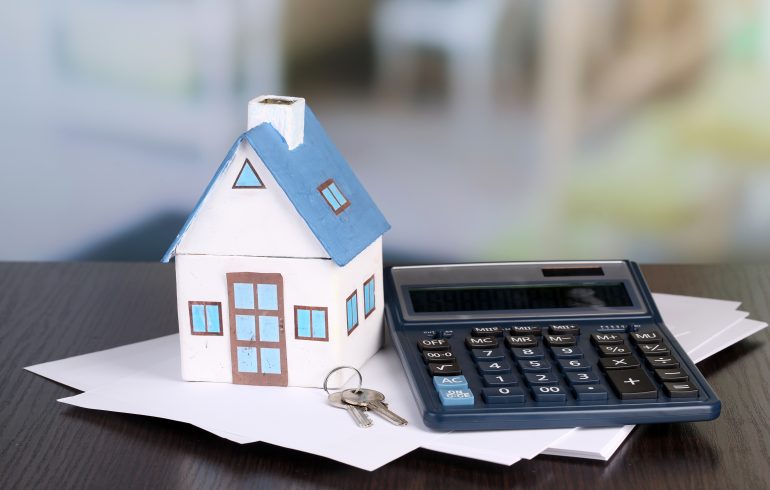As we get older, we sometimes find that the cost and effort to take care of our homes can start to weigh on us. Tasks like cleaning gutters, mowing the lawn and tending to a large garden, can make downsizing your home feel like an attractive option.
But for many older adults, the idea of downsizing leads to conflicting thoughts and emotions.

A study by Nielsen, a global information, data, and measurement company with headquarters in the U.K., found that two thirds of baby boomers have no plans to downsize, and intend to ‘age in place’ in their own homes. And while there’s no right or wrong answer, there are a number of benefits and drawbacks to consider before you make a move:
Advantages of Downsizing for Seniors
1. Downsizing your home can save money.
Living in a smaller home can potentially save you a significant amount of money. House insurance, heating, electricity and property taxes cost much less when you live in fewer square feet.
2. It’s less work to live in a smaller home
Older adults who downsize often enjoy the prospect of not spending as much time taking care of their property. If you move from a house into a condo, you probably won’t have to shovel snow, rake leaves, power wash, or do a whole host of things that are necessary when you own a self-contained home. Cleaning your house also takes less time when you have a smaller space. And, it’s easier to take last-minute vacations when you don’t have to worry about home maintenance.
3. Downsizing helps you diversify investments
Many people approaching retirement have much of their net worth tied up in their primary place of residence. By selling your home, you can invest the proceeds and diversify your portfolio. In some markets, downsizing also limits your exposure in the event of a real estate downturn.
Disadvantages of Downsizing for Seniors
1. Selling your home comes with costs.
When it comes to downsizing, people assume that if they buy a smaller home, they’re automatically going to save money. But that’s not always the case. There are a number of costs involved in selling a home, including moving costs, real estate commissions and closing fees. These all eat into the profits from your sale. If you move into a condo afterwards, there are also monthly condo fees to consider.
2. Change is hard.
Leaving the home you lived in for a significant portion of your life can be emotional. There are a number of memories bound up in your house and you could end up missing it. With a new smaller home, you also might not be able to have family stay over, or be able to easily host holiday celebrations. Leaving your neighborhood can be difficult. You might miss your old neighbors and not like new ones. Or you might miss the gardening you used to do, or the shed where you did woodworking or other projects.
3. Downsizing possessions isn’t easy.
If you’re like most people, you’ve accumulated a lot of stuff during the course of your life. By downsizing, you’ll have to de-clutter and get rid of a lot of things. Some of those possessions might have sentimental attachments. You might also have to buy new furniture if your furniture is too big for your new place. (This can also add to the cost of your move.)
The Verdict
Whatever you decide to do, spend time thinking about your lifestyle and your needs to ensure you make the choice that’s right for you. You may decide not to downsize for now, but it may be the right choice in the future. Revisit the question every few years to see if you feel differently.



